Mekelle፡Telaviv, Nairobi, Pretoria, London, (Tigray Herald).
Op-Ed: Egypt’s Secret Canals and the Nile’s Future,Why Unilateralism Is a Threat to Africa’s Shared Lifeline
By Gebre Tatios
When Egypt’s President Abdel Fattah al-Sisi announced that his country is digging a massive concrete canal in the heart of Lake Mariout and creating artificial rivers in the Western Desert, it wasn’t just a domestic infrastructure update it was a geopolitical signal flare.
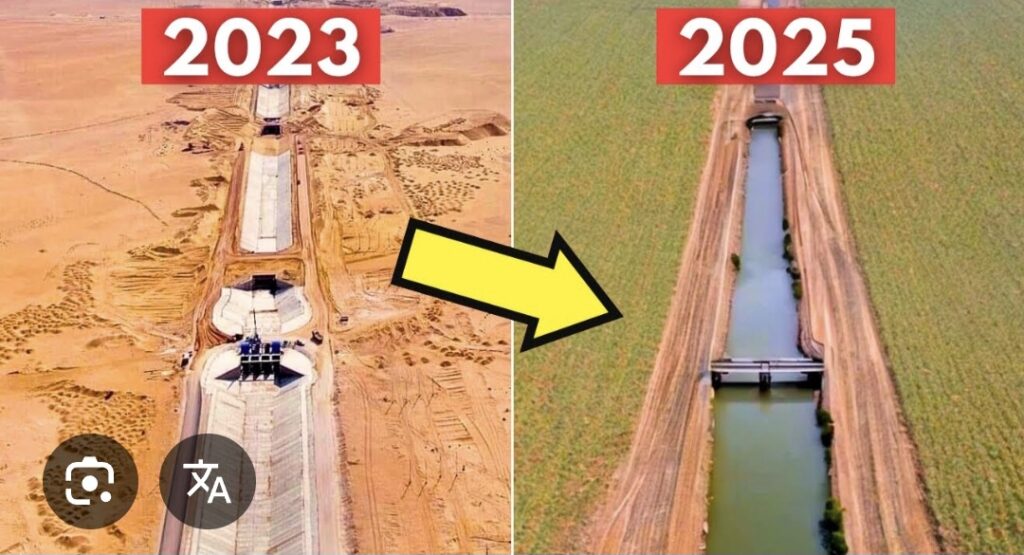
These actions represent a quiet, unilateral reshaping of the Nile River system without any consultation, coordination, or notification to upstream Nile Basin countries like Ethiopia, Uganda, or South Sudan. For a country that has vocally opposed Ethiopia’s Grand Ethiopian Renaissance Dam (GERD) on grounds of “unilateralism,” Egypt’s own actions expose a deep hypocrisy. This isn’t just a double standard. It’s an alarming shift that threatens the ecological, political, and legal future of one of the world’s most vital transboundary rivers.
The Myth of Historic Rights
Egypt’s historic claim to the Nile, based on colonial-era treaties signed in its absence by upstream countries under British rule, has long been challenged. Yet Cairo continues to argue for a veto over any upstream developments even as it undertakes massive engineering projects of its own that fundamentally alter the river’s course.
If Ethiopia filling a dam reservoir over a decade is seen as an existential threat by Cairo, then what should we call Egypt’s plan to reroute waters from Lake Mariout an area that connects to the Nile Delta into new concrete canals across its deserts?
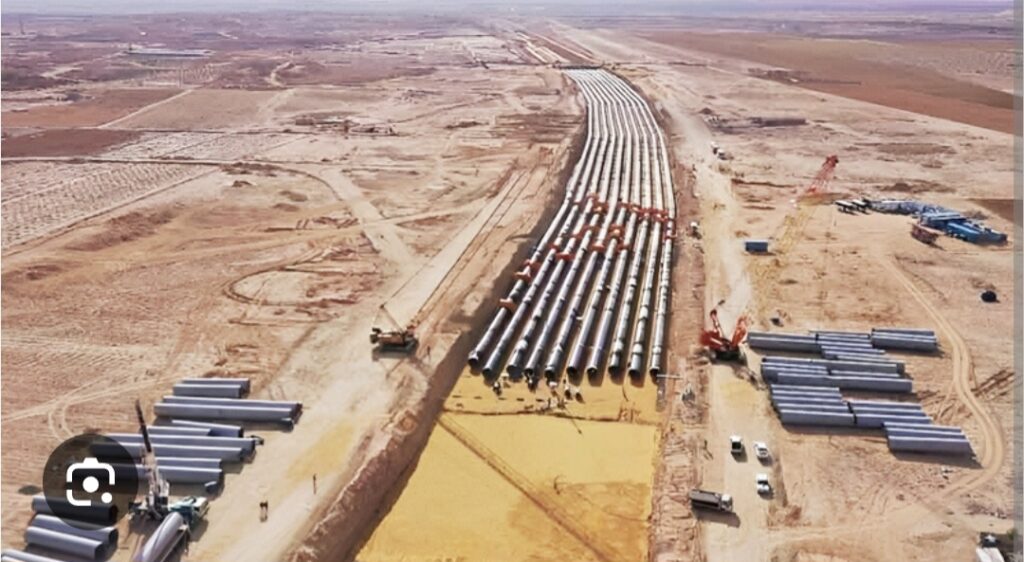
This is not water conservation. This is water capture.
A Legal and Environmental Violation
The Nile Basin Cooperative Framework Agreement (CFA) signed by six upstream countries establishes the principle of equitable and reasonable use of the Nile waters, and the need for prior notification and consultation on large-scale water projects. Egypt rejected this framework, clinging instead to outdated treaties that benefit only itself.
But now, with its Western Desert canal project, Egypt bypasses even the diplomatic facade. No notice was given. No impact assessment was shared. No dialogue initiated. This is a direct violation of both the spirit and letter of transboundary water law, and it flies in the face of African Union principles of collective development.
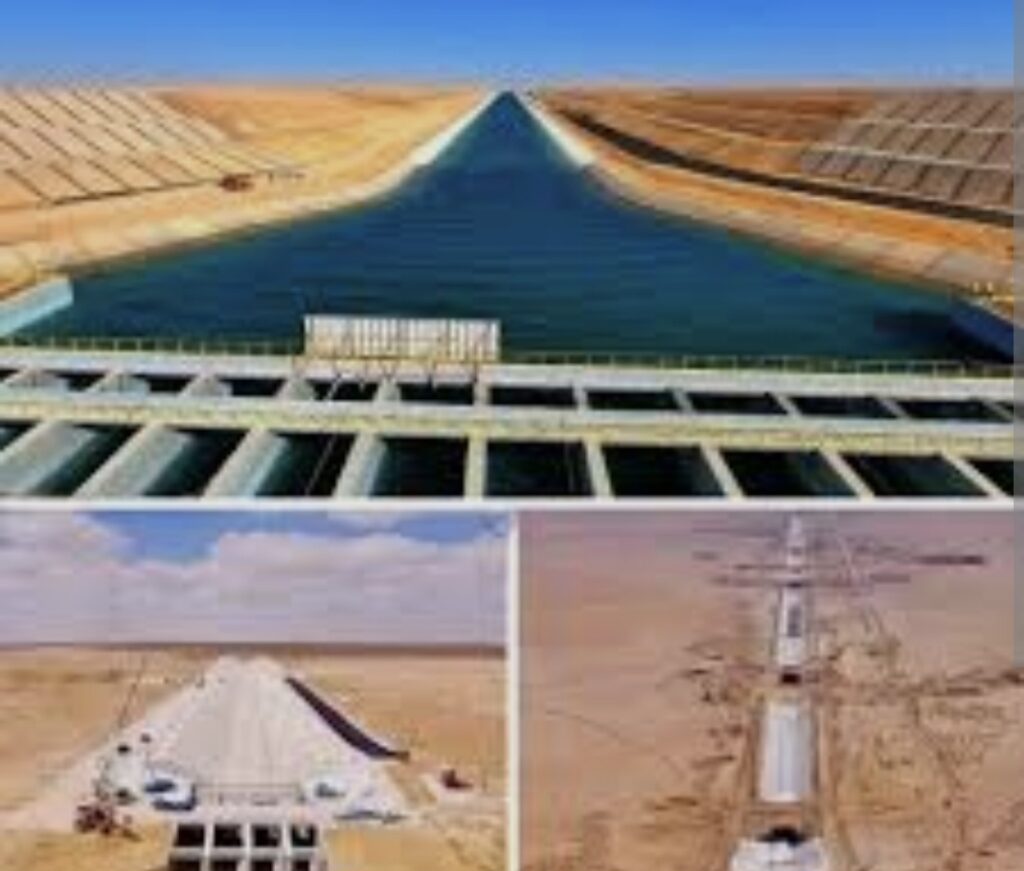
Moreover, altering the Nile’s natural flow can have cascading ecological consequences. Diverting freshwater to arid desert zones could destabilize the already fragile Nile Delta, increase salinity intrusion from the Mediterranean, and endanger biodiversity around Lake Mariout.
Geopolitical Implications: The Silent Escalation
The GERD has dominated headlines for years. But Egypt’s canal and artificial rivers initiative represents an equally serious escalation only quieter. Cairo is weaponizing water infrastructure while accusing others of doing the same. It demands restraint from Ethiopia, then pours concrete into the Nile without apology.
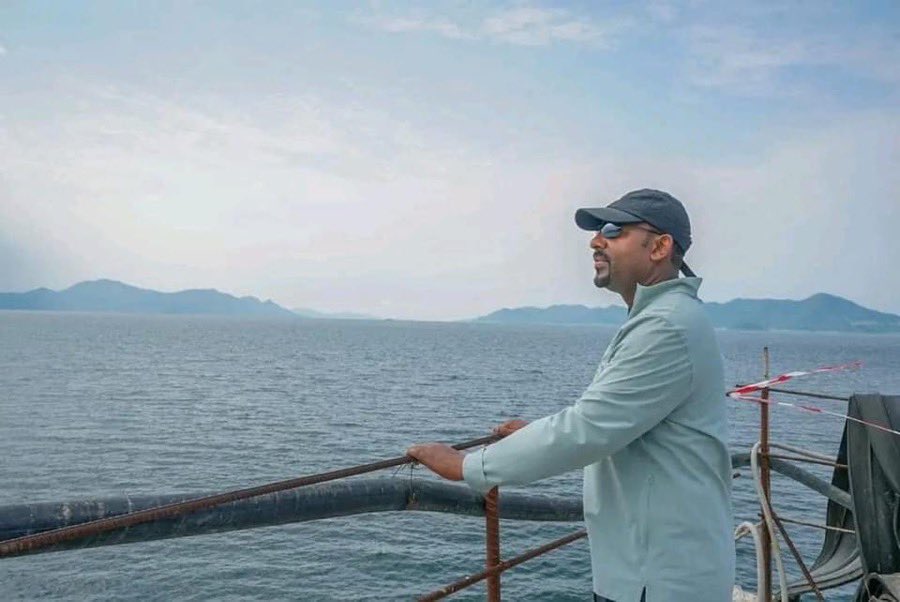
This silent escalation risks triggering a regional arms race over water control, with each nation racing to develop infrastructure before others can object. Instead of cooperation, it invites conflict.
If Egypt succeeds in engineering rivers and canals unilaterally, what is to stop other Nile Basin countries from doing the same?
A Call for Collective Action
It is time for upstream nations to stand united not in opposition to Egypt, but in defense of equitable development. The Nile Basin Initiative (NBI) must be revitalized, and all riparian countries especially Egypt must be held accountable to modern, inclusive frameworks.
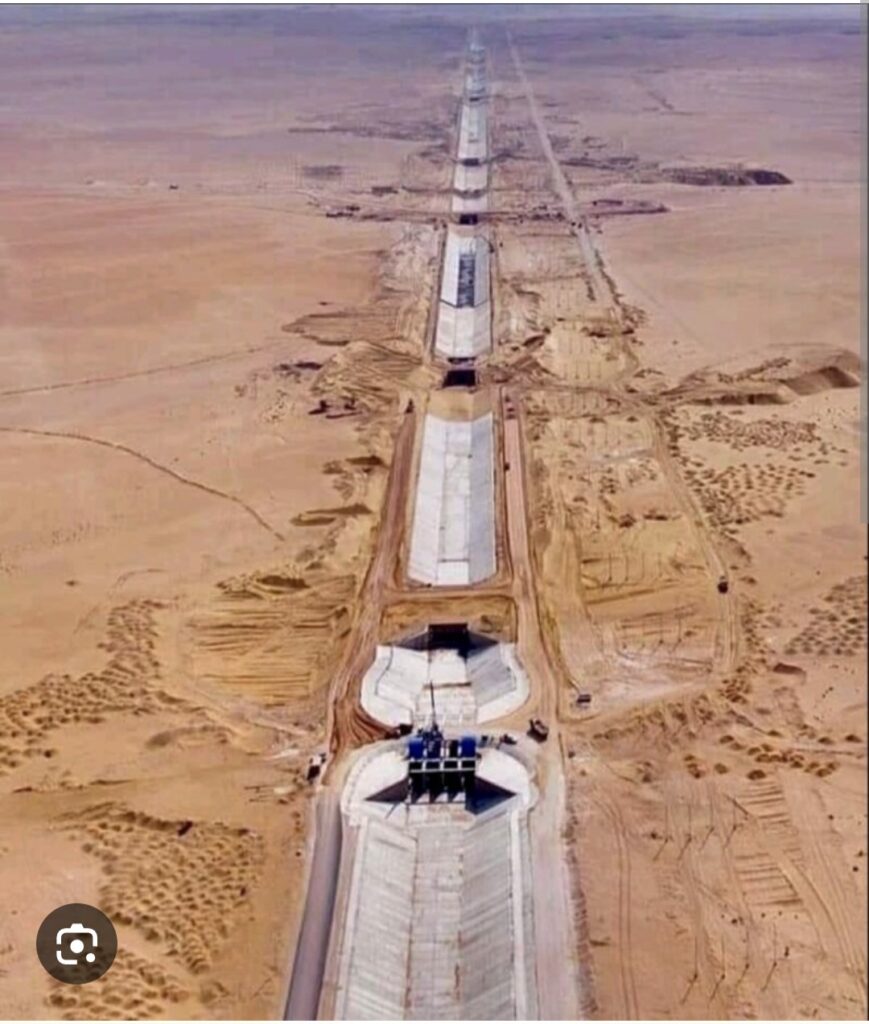
The African Union and IGAD must demand full transparency on Egypt’s Lake Mariout project, call for an independent environmental impact assessment, and invite multilateral dialogue to prevent this from becoming another flashpoint.
Development is not a crime. But development without consent is dangerous.
Conclusion: A River Belongs to All
The Nile is not a national river it is a pan-African artery of life. Every country that touches it has a stake in its sustainability and future. Egypt’s actions today could shape the politics of water for decades to come. If unilateralism becomes the norm, the Nile may not unite the region it could divide it irrevocably.
Al-Sisi must know: The Nile does not end in Egypt, nor does its story begin there. And upstream natupdatill not sit idle while their waters are rerouted in secret.




